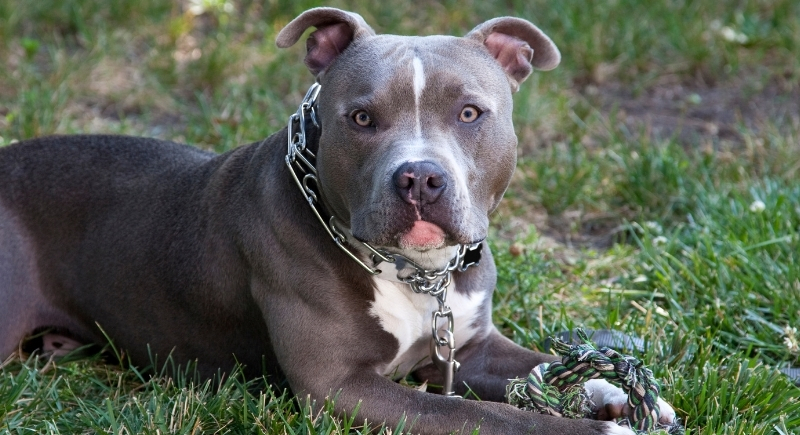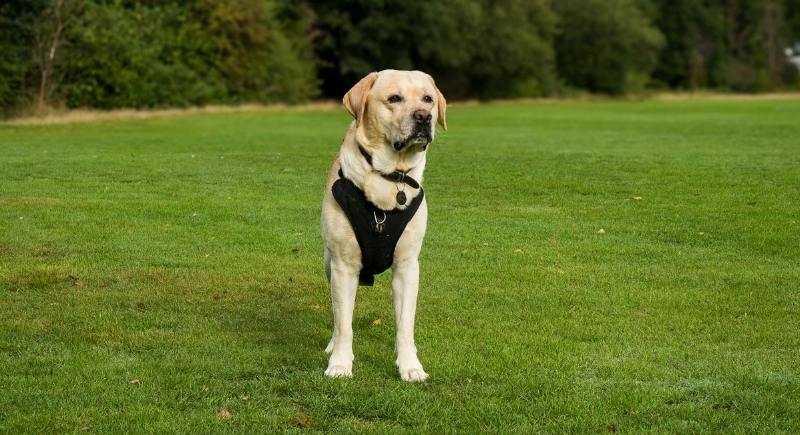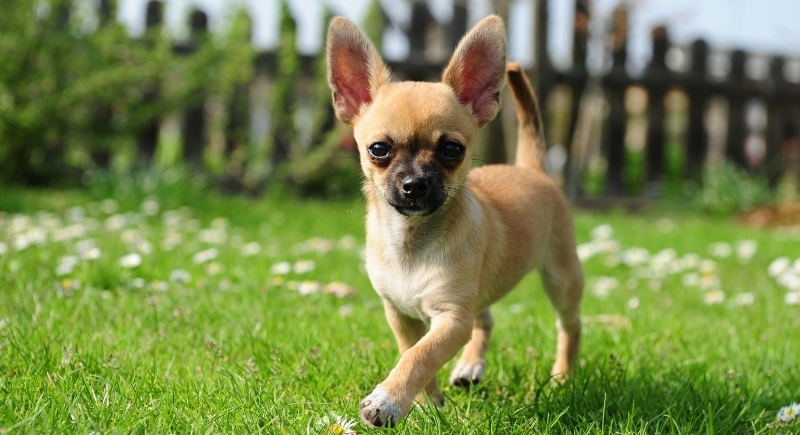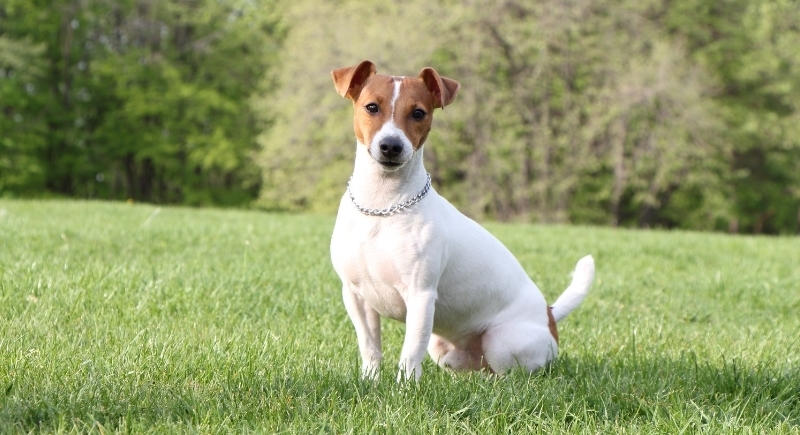10 Most Common Dog Breeds You’ll Find in Animal Shelters
Shelters across the U.S. take in millions of dogs every year. While the reasons vary, some breeds appear more often than others. Not because they’re bad pets, but because their energy, health needs, or behavior didn’t match what people expected when they first got them. If you’re considering adoption, knowing which breeds frequently show up and why can help you make a better match.
Pit Bull

Credit: Getty Images
When you walk into many U.S. shelters today, one in five dogs you see is a Pit Bull or “Pit-type.” In 2023, more than 700,000 Pit Bull–type dogs entered shelters—about 22% of all canine intakes. Many arrive not because they’re aggressive, but because of breed bans, housing rules, or insurance policies that deny coverage to them. These restrictions limit adoption chances and lengthen their shelter stay. Unfortunately, their reputation works against them more than their behavior does.
German Shepherd

Credit: Canva
In urban shelters across America, German Shepherds make up roughly 11.4% of the dog listings, second only to Pit Bulls. The issue is that many owners underestimate the amount of daily structure and leadership these dogs require. Without regular training and mental challenges, these dogs can develop anxiety, destructive habits, or reactivity. Many are rehomed once behavioral issues emerge due to boredom or inconsistent handling.
Labrador Retriever

Credit: pexels
Labradors are among the most popular dogs in the U.S., and also among the most commonly surrendered. In shelter and rescue circles, “Lab mixes” often dominate the listings simply because there are so many in the population. But what often surprises adopters is that Labs keep their puppy energy well into adulthood. Many are given up when their boundless enthusiasm, tendency to chew, or simple restlessness becomes harder to manage.
Siberian Husky

Credit: Getty Images
Huskies are bred for endurance and independence, and are naturally inclined to be active. Plenty of them end up in shelters when that need isn’t met. In fact, in many shelter surveys, Huskies appear in the top five breeds (for instance, 6.5% in certain city listings). These loud animals can be quite a handful for low-activity homes. They’re not ideal off-leash, but in the right environment, they’re engaging, loyal companions.
Chihuahua

Credit: Getty Images
People often choose these dogs for their size but overlook their temperament. They don’t tolerate rough handling or chaos well, but thrive in quieter households with patient adults. In one study of housing-related surrenders, Chihuahuas made up about 5% of abandoned breeds. Without early socialization and training, they can become reactive, especially in loud or unpredictable homes.
Boxer

Credit: Getty Images
Boxers are affectionate and endlessly playful, but they come with high emotional and physical needs. In homes that offer consistency, movement, and companionship, they return that energy with loyalty and warmth. Yet, according to a 2023 estimate, approximately 46,500 Boxers are in shelters and rescues across the country. Families who underestimate how much daily interaction and exercise they require often abandon them. Though they mellow with age, they never really slow down.
Beagle

Credit: Getty Images
Beagles get into everything. They follow smells without checking with you first, and they’ll let the whole block know when they’re left alone. Many are left at the shelter for simply barking or wandering. That said, they’re also affectionate and adaptable if you give them a routine, keep them busy, and invest in a good fence.
Belgian Malinois

Credit: Canva
Malinois are law enforcement dogs for a reason. They need constant challenges, both mental and physical. Most pet homes can’t meet their intensity, and without constant stimulation, their behavior can spiral quickly into anxiety or aggression. Shelters often receive them from well-meaning adopters who didn’t realize what a commitment they’d made.
Jack Russell Terrier

Credit: Getty Images
Don’t let the size fool you. Jack Russells are fast, smart, and always on the move. Bred to hunt, they get frustrated without constant mental stimulation. Many are surrendered because they also have a tendency toward aggression. They’re not low-maintenance, but with structure and daily challenges, they become focused, loyal, and full of personality.
Shih Tzu

Credit: Getty Images
Their grooming needs are high and constant. Many adopters don’t anticipate the cost or commitment of professional grooming every six weeks. Dental problems and breathing issues also contribute to vet bills. When these care needs go unmet, Shih Tzus end up in shelters.